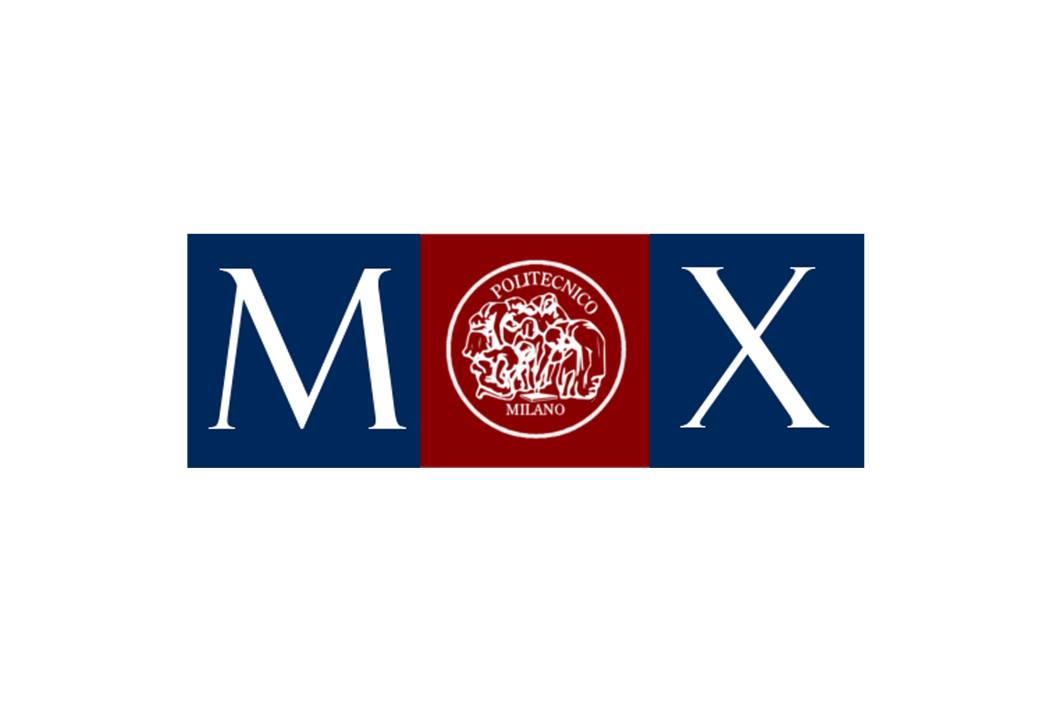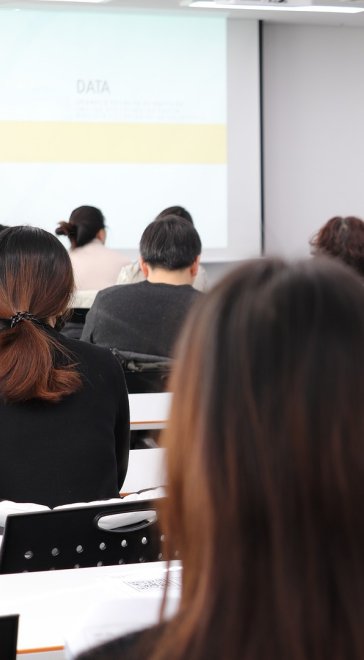The Shifted Boundary Method: How Approximate Boundaries Can Help Complex-Geometry Computations

Scientific computing is routinely assisting the analysis and design of systems, components, and even materials, with very complex shapes. In these situations, it is often underestimated that the mesh generation process takes the overwhelming portion of the overall analysis and design cycle. If high order discretizations are sought, the situation is even more critical.
For example, in the analysis and design of multiscale, meta-materials, or architected materials, rough, voxel-type geometric descriptions are most commonly used, since mesh generation is not viable. But this comes to a cost, since very fine “voxelations” are needed to attain acceptable accuracy.
Methods that could ease these limitations are of great importance, since they could more effectively interface with meta-algorithms from Optimization, Uncertainty Quantification, Reduced Order Modeling, Machine Learning, and Artificial Neural Networks, in large-scale applications.
Embedded/immersed/unfitted boundary methods seem good candidates for this purpose, since they obviate the need for body-fitted meshing. Unfortunately, many finite element embedded boundary methods are also difficult to implement, due to the need to perform complex cell cutting operations at boundaries, and the consequences that these operations may have on the overall conditioning of the ensuing algebraic problems.
The “Shifted Boundary Method” (SBM) is a new, simple, stable, and accurate embedded boundary method, which eliminates the need to perform cell cutting operations. Boundary conditions are imposed on a surrogate discrete boundary, lying in proximity of the true boundary interface, and composed of full edges/faces of the grid. Appropriate field extension operators are then constructed by way of Taylor expansions, with the purpose of imposing accurate boundary conditions on the surrogate boundary that mimic the effect of the true boundary conditions. The performance of the SBM will be demonstrated on large-scale problems in linear and nonlinear solid mechanics; thermomechanics; fracture mechanics; and porous media flows.
Contatto:
paola.antonietti@polimi.it

